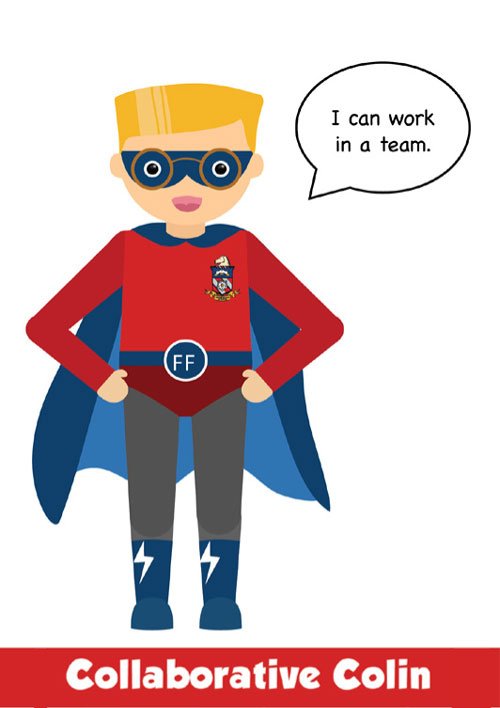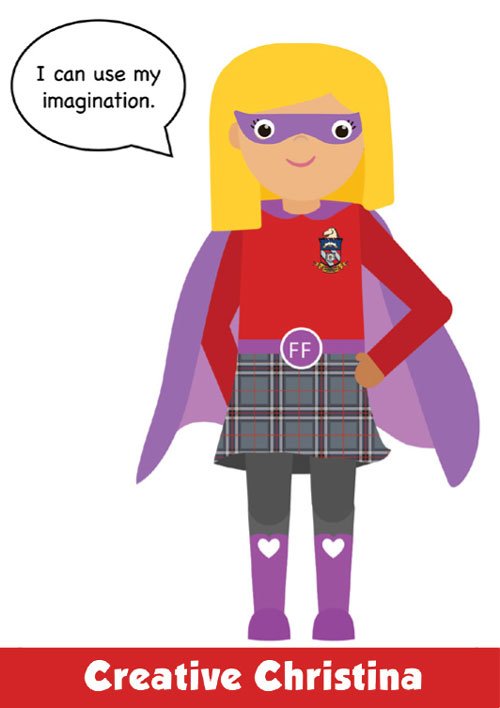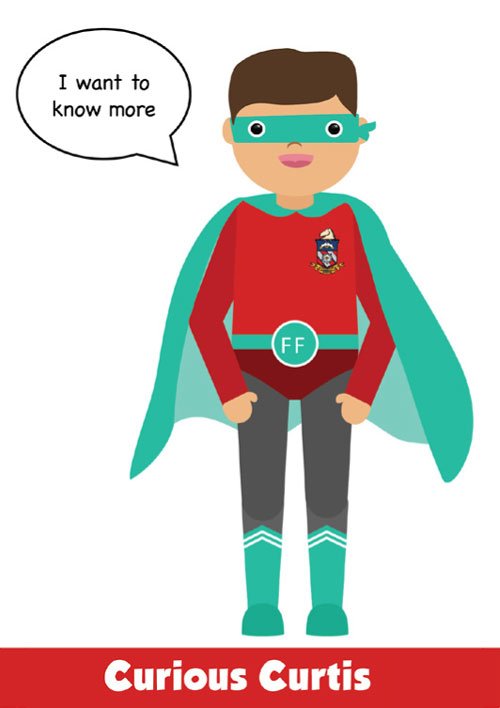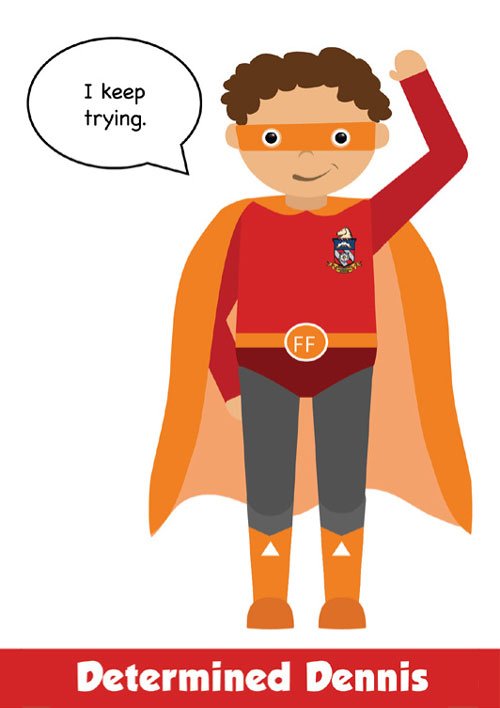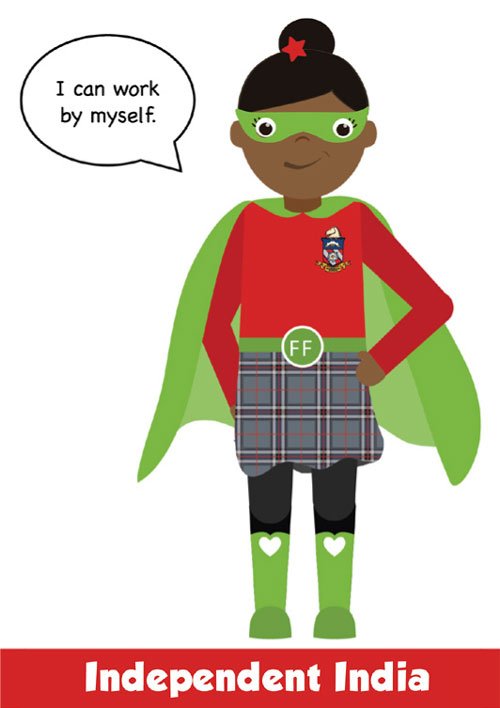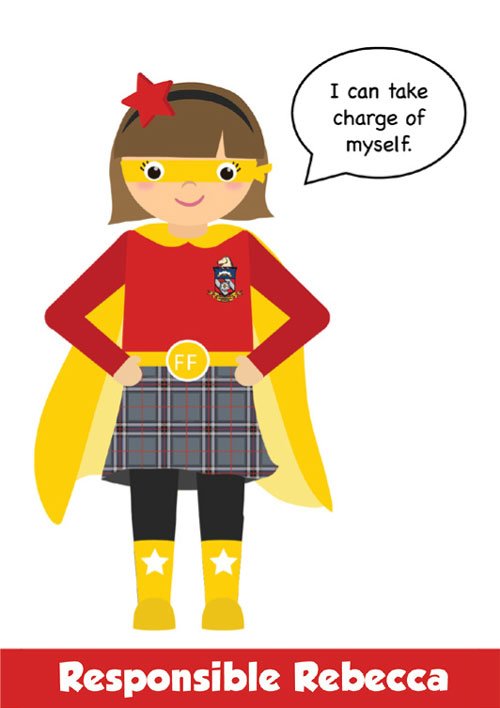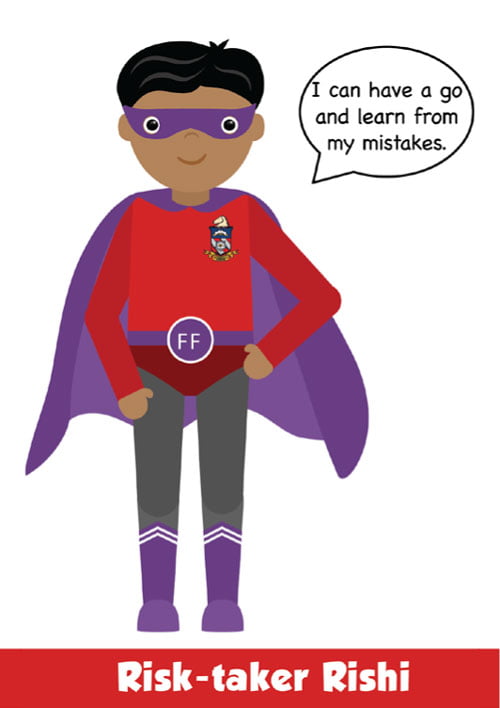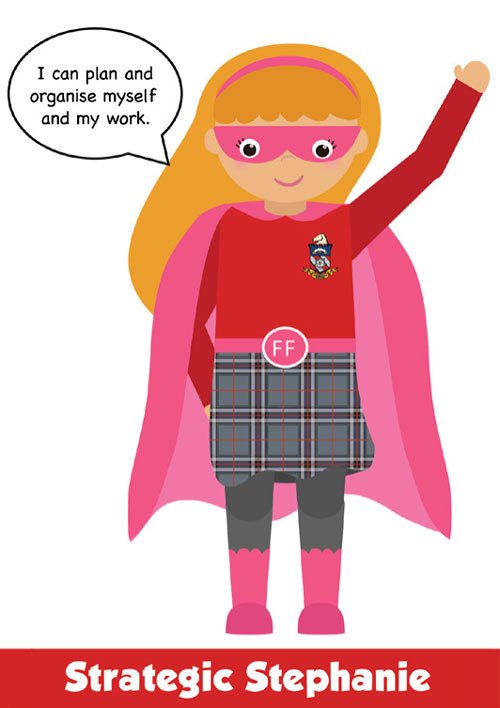Whether it’s a fixture defeat, a cancelled event, an ice cream that topples onto the floor, not winning a prize in a competition or a promise which had to be broken, a child’s life can be full of disappointments. As caring parents, seeing our child upset is very emotive and our instinct might be to sweep the disappointment out of the way by offering a quick solution. However, if we stop to think – what do my actions teach my child about life? – we realise that we cannot and should not always protect our children from let-downs. Expectations do not always match reality. We do not always get want we want or feel we deserve. And that’s okay.
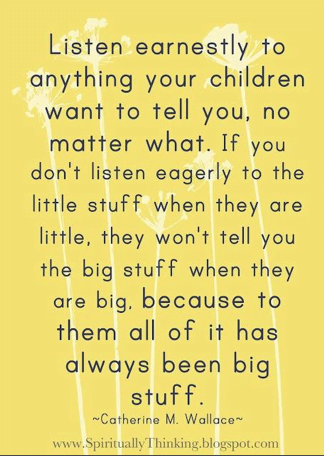
Throughout life, children will encounter disappointing situations; most of which cannot be ‘fixed’ by their parents. Not making the ‘A’ team at school, not medals on Sports’ Day, not achieving an expected grade in public exams, failing their driving test, unsuccessful at job interview. Children need to learn that they have what it takes to work through the difficult feelings caused by these disappointments so that they build resilience and coping skills. This process empowers them to recover from setbacks, solve problems independently, set realistic targets and figure out how to process negative emotions. Disappointment is a valuable teaching tool for emotional development.
Teaching children how to handle disappointment is not easy. A child in floods of tears triggers our instinct to protect and soothe.
Children cannot work through managing a disappointment on their own. Try these tips to help your child learn to handle disappointments and overcome obstacles:
Empathise
Remember that initially, your child is coming to you upset because they need immediate empathy and understanding, not a solution to a problem.
Adults handle disappointment in a range of ways and children are no different. Some might immediately erupt into tantrums while others weep and wail about life being unfair. Some might become withdrawn, sullen or stubborn. Whatever our response is, we all need an opportunity to vent and this is part of the process of managing the negative emotion.
Phrases like, “I understand that this is difficult” or “I know you feel disappointed right now” acknowledge how the child is feeling. Give your child the time and space to cry, feel sad and soak up a cuddle for comfort. Physical connection helps children recover from adversity and it takes a good twenty seconds before the ‘feel good’ chemicals kick in and take effect
What your child needs most in the heat of the moment is empathy and understanding. Meeting your child’s heated responses with calm ones models healthy coping strategies and you can save the discussion for a later, calmer moment. You can then review positive ways to handle disappointment after your child recovers from the disappointing event.
Be a guide, not a fixer
Parents can’t always be there to soothe every difficult situation or solve every problem for their child as they grow. It’s important to act as a guide when it comes to managing setbacks instead of jumping in with the fix.
The next time your child comes to you for help with a disappointment, try asking a few questions that empower them to solve the problem:
- How did it feel when that happened?
- What did you wish would happen?
- What can be done differently the next time?
This helps your child brainstorm the problem and think through possible solutions think about how to turn the problem around into something good. Helping them to lay blame or make excuses does not help children to accept that life doesn’t always go their way. Children need to understand that in life there will always be people who perform better or worse than them in any given situation. Rather than constantly comparing themselves and their lives to others, they should strive to be the very best version of themselves and be satisfied with their efforts and achievements.
Help your child manage expectations
It’s natural for children to build excitement for something on the horizon like a special trip, a party, a fixture or a competition but some children have a tendency to engage in all-or-nothing thinking. It is important not to dampen their enthusiasm or squash their beliefs in their own talents and abilities but, when what they hope for or expect doesn’t materialise, it can be a huge disappointment.
Parents can’t prevent disappointing things from happening, but they can reduce distress in response to these events by helping children learn to manage anticipation. The word “might” is very important as it helps to balance expectation against reality.
Practice delayed gratification
Our modern world thrives on instant gratification so children can find it difficult to understand that things require time and practice. A child can’t expect to sit down at the piano for the very first time and play a masterpiece without mistakes. That’s not how life works. The same goes for sports, puzzles, games, art and just about everything else.
So often now, we see children glued to technology in restaurants whilst they wait for their meal rather than engaging in conversation with their families. Building a child’s patience and their waiting capacity also helps to address their boredom threshold as they develop ways of entertaining themselves whilst they wait.
Teach self-calming skills
The ability to process uncomfortable or negative emotions plays an integral role in coping with disappointment.
Here are a few ideas for activities to help when children need to calm themselves down:
- Breathe the rainbow — practice deep breathing while thinking about favourite things for each colour of the rainbow;
- Explore the senses through the 5,4,3,2,1 technique: list five things you can see, four things you can hear, three things you can feel, two things you can smell and one thing you can taste;
- Use art to work through feelings — colouring, drawing and moulding clay can all be relaxing;
- Listen to soft music;
- Read or ask a parent to read to you;
- Get outside to play in the fresh air;
- Snuggle up with a stuffed animal and a few favourite toys.
Developing the skills to cope with disappointment takes time and we need to be patient and listen carefully when our child has big reactions to seemingly small events. Sometimes a good venting helps children work through their emotions so that they can think more rationally about the disappointing event and what they can do to recover.

